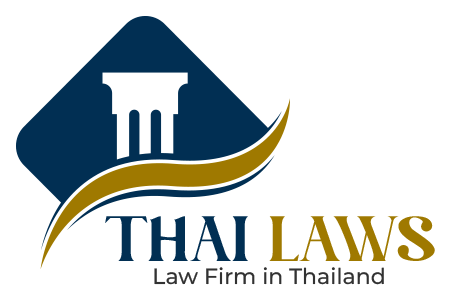Title search in Thailand, while essential for property transactions, can be a complex process due to the unique characteristics of the Thai land registration system. This article delves into the intricacies of title search in Thailand, providing insights into the process, potential challenges, and best practices.
The Thai Land Registration System
The Thai land registration system is a relatively modern system that was introduced in the late 19th century. It is based on the Torrens system, which is a system of land registration that records ownership and encumbrances on a title register. While the Thai system has made significant strides in recent years, it still faces challenges in terms of accuracy, efficiency, and accessibility.
The Title Search Process
A title search in Thailand typically involves the following steps:
- Identification of the Property: The property to be searched must be accurately identified by its cadastral number or other legal description.
- Inspection of Land Records: Land records are maintained by the Department of Lands. These records contain information about the property’s ownership, encumbrances, and any legal disputes.
- Verification of Ownership: The title search must verify that the seller has clear title to the property and that there are no outstanding claims or liens.
- Checking for Encumbrances: The search must also identify any encumbrances on the property, such as mortgages, leases, or easements.
- Review of Legal Documents: In some cases, it may be necessary to review legal documents, such as court orders or land development agreements, to obtain a complete understanding of the property’s title.
Potential Challenges
Title search in Thailand can be challenging due to several factors:
- Inaccurate Records: Land records may contain errors or omissions, which can make it difficult to verify title and identify encumbrances.
- Outdated Records: The Thai land registration system is constantly evolving, and older records may not be updated or digitized.
- Legal Disputes: There may be ongoing legal disputes or claims related to the property, which can complicate the title search process.
- Limited Access to Records: Access to land records may be limited, particularly in rural areas or for properties that have not been registered.
Best Practices for Title Search
To minimize the risks associated with title search in Thailand, it is essential to follow best practices:
- Hire a Qualified Lawyer: A qualified lawyer with experience in real estate law can help navigate the complexities of the Thai land registration system and ensure that the title search is conducted properly.
- Conduct a Thorough Search: A thorough title search should include an examination of both public and private records to identify any potential issues.
- Obtain a Title Insurance Policy: A title insurance policy can provide protection against losses due to title defects or encumbrances that were not discovered during the title search.
- Review the Contract of Sale Carefully: The contract of sale should clearly outline the terms of the transaction and address any potential title issues.
By following these best practices, buyers can help to ensure that they are acquiring a property with clear title and avoid potential legal problems in the future.


